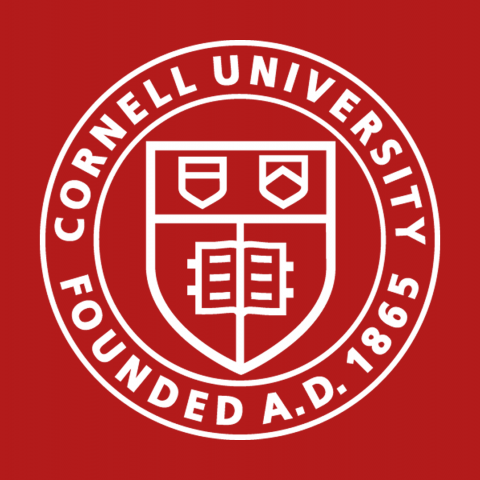Stefanie Jegelka, MIT – Learning with Structure: Graphs, Geometry and Generalization

Abstract:
One grand goal of machine learning is to design widely applicable and resource-efficient learning models that are robust, even under commonly occurring distribution shifts in the input data. A promising step towards this goal is to understand and exploit “structure”, in the input data, latent space, model architecture and output. In this talk, I will illustrate examples of exploiting different types of structure in two main areas: representation learning on graphs and learning with symmetries.
First, graph representation learning has found numerous applications, including drug and materials design, traffic and weather forecasting, recommender systems and chip design. In many of these applications, it is important to understand (and improve) the robustness of relevant deep learning models. Here, we will focus on approaches to estimate and understand out-of-distribution predictions on graphs, e.g., training on small graphs and testing on large graphs with different degrees.
Second, in many applications, e.g. in chemistry, physics, biology or robotics, the data have important symmetries. Modeling such symmetries can help data efficiency and robustness of a model. Here, we will see an example of such a modeling task — neural networks on eigenvectors — and its benefits. Moreover, a formal, general analysis quantifies how symmetries improve data efficiency.
Bio:
Stefanie Jegelka is a Humboldt Professor at TU Munich and an Associate Professor in the Department of EECS at MIT. Before joining MIT, she was a postdoctoral researcher at UC Berkeley, and obtained her PhD from ETH Zurich and the Max Planck Institute for Intelligent Systems. Stefanie has received a Sloan Research Fellowship, an NSF CAREER Award, a DARPA Young Faculty Award, the German Pattern Recognition Award, a Best Paper Award at ICML and an invitation as sectional lecturer at the International Congress of Mathematicians. She has co-organized multiple workshops on (discrete) optimization in machine learning and graph representation learning, and has served as an Action Editor at JMLR and a program chair of ICML 2022. Her research interests span the theory and practice of algorithmic machine learning, in particular, learning problems that involve combinatorial, algebraic or geometric structure.
This lecture is part of the Computer Science Colloquium and a Data Science Distinguished Lecture, co-sponsored by Cornell’s Center for Data Science for Enterprise & Society

